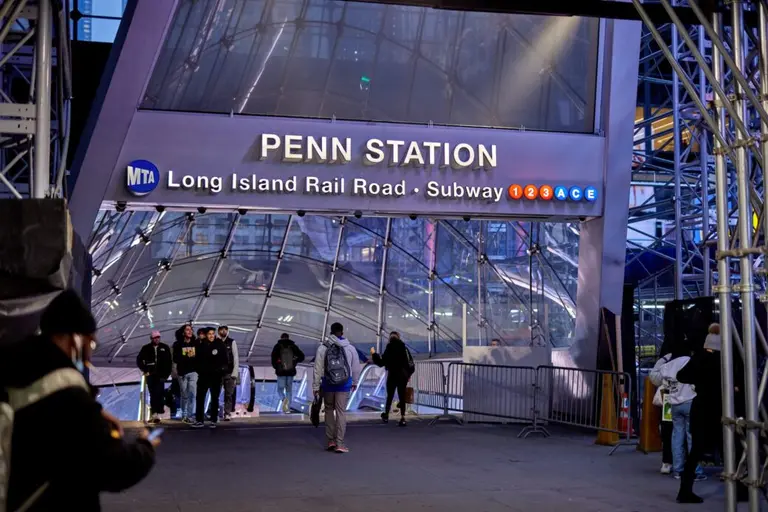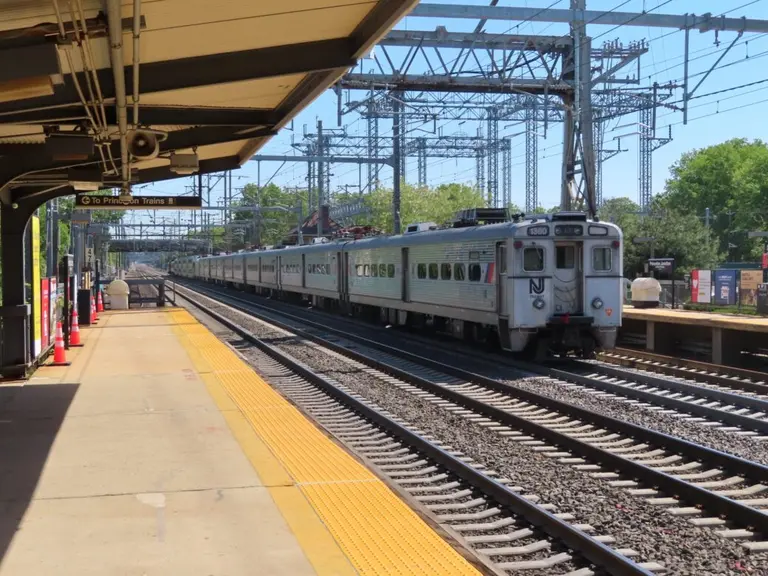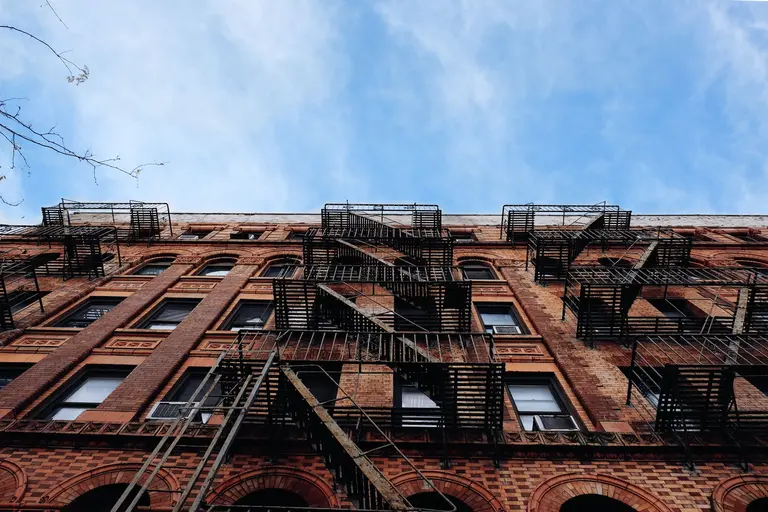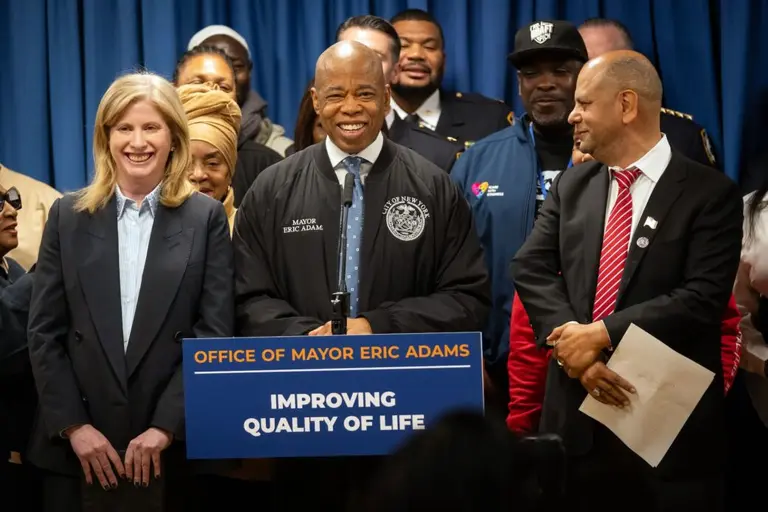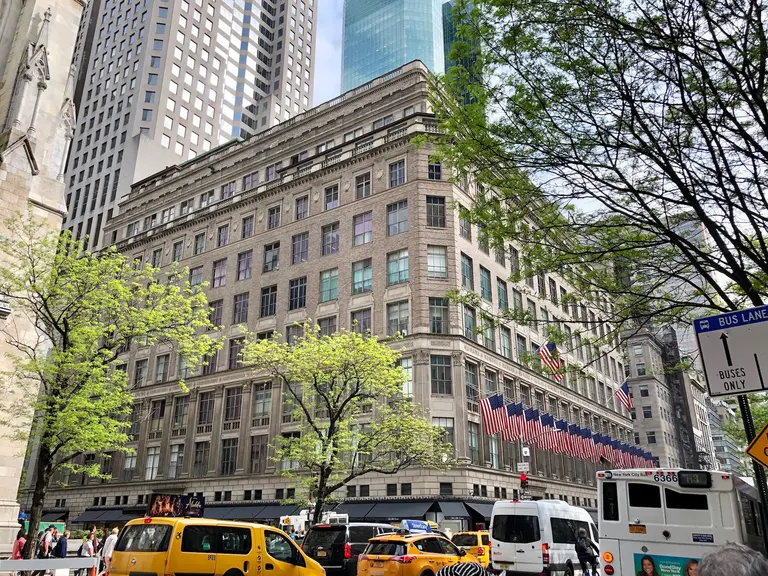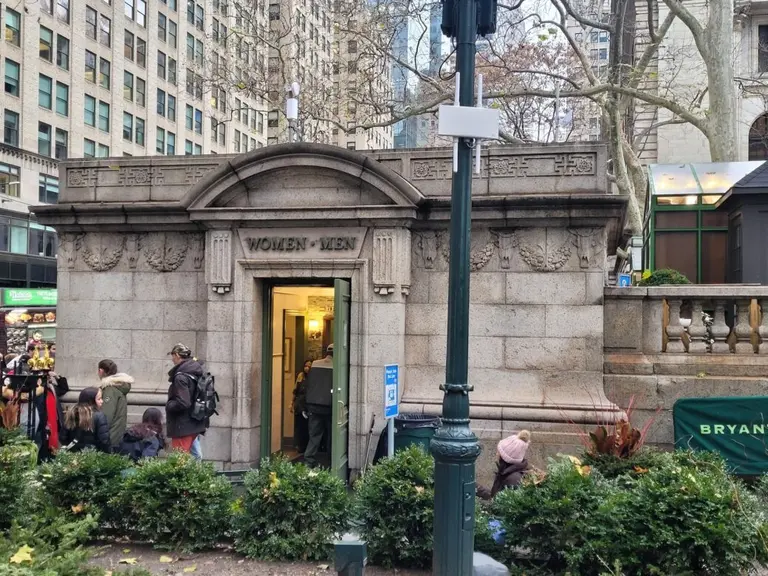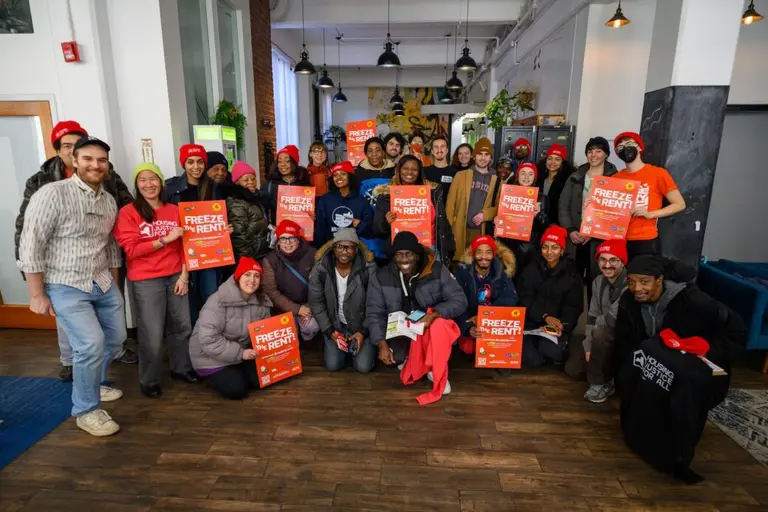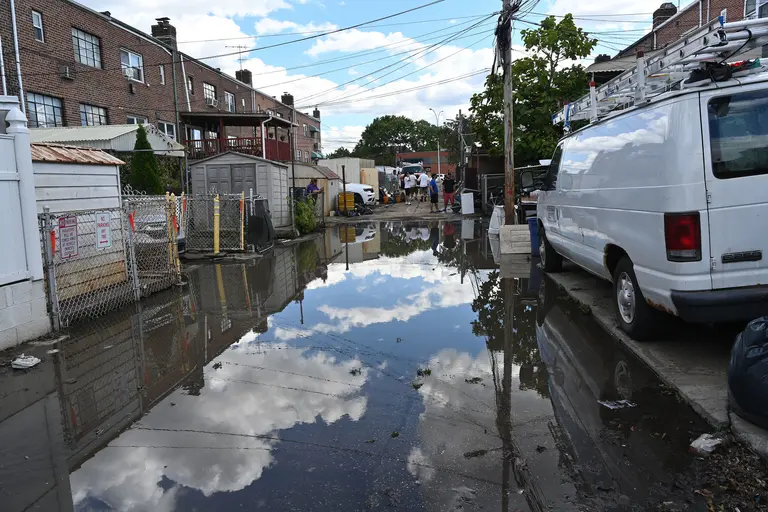Deal struck to fund discounted MetroCards for low-income New Yorkers
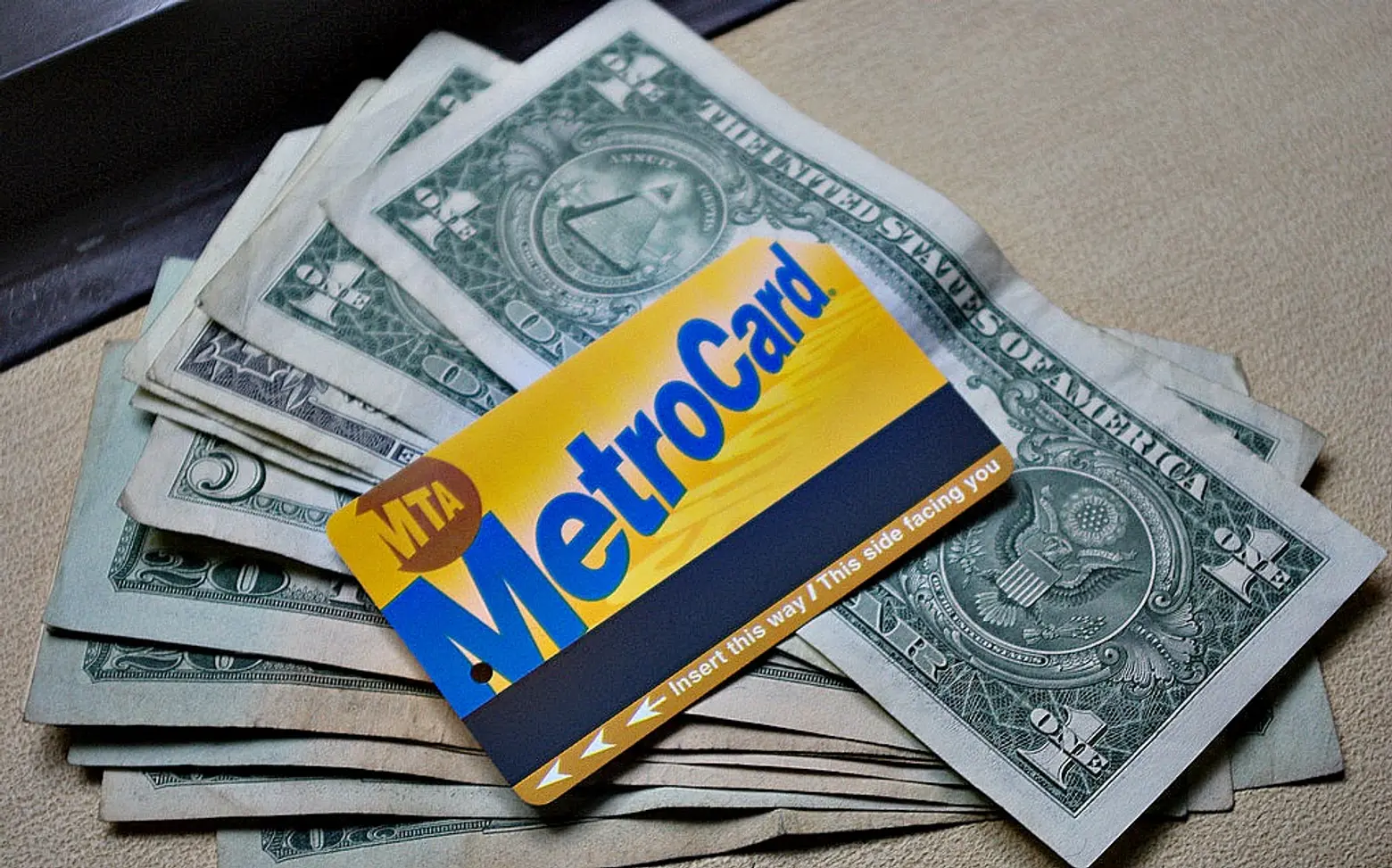
Image by Ged Carroll on Flickr
Reduced-fare MetroCards may soon become a reality for low-income straphangers, as Mayor Bill de Blasio and the City Council have reached a deal Wednesday to provide roughly $100 million in funding to the program. The mayor’s agreement with Speaker Corey Johnson, who has been one of the most vocal supporters of a Fair Fares program, means the city would fully subsidize the cost of providing half-price MetroCards to New Yorkers who fall below the federal poverty line, or a household income of $25,000 for a family of four.
Nearly 800,000 New Yorkers could benefit from the discounted fares. Under the tentative deal, the city would allocate $106 million in its upcoming budget, which would pay for six months of the program beginning in January, according to the New York Times.
After months of back-and-forth between de Blasio and Johnson, the two officials are expected to close the deal with a ceremonial handshake on Monday. De Blasio resisted adding the program to the city’s budget and has suggested taxing the wealthiest residents to pay for the subsidy. He also backs the same millionaires’ tax to fund subway repairs, a notion that has been called “dead on arrival” in Albany by Gov. Andrew Cuomo.
In his first year as speaker, Johnson has fought for a Fair Fares program, making it one of his top priorities. During a news conference, he told reporters he had been talking to de Blasio “every single day about this.”
A source briefed on the deal told the Times that the money would not go to the MTA but instead be handled by a city agency, possibly the Human Resources Administration which manages the city’s benefit programs. The discounted MetroCards would mirror the fares currently subsidized for students, seniors, people with disabilities and roughly 40,000 others who receive cash assistance.
Some of these programs provide MetroCards for about $1.35 per ride, less than half the typical $2.75 rate for subway and bus fare. The City Council has estimated that 40 percent of those eligible would sign up, with the number of people enrolled doubling once the program is fully implemented. The full cost could be roughly $250 million.
[Via NY Times]
RELATED:
